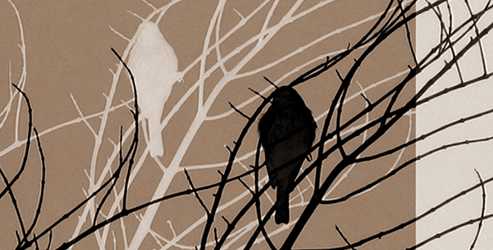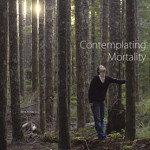
What if your deceased parent was hell on wheels behind closed doors, and God’s gift to the outside world when they were alive? What if they were consistently uncompromising, selfish, and neglectful… possibly cruel and abusive to you?
How do you cope with the death of a parent who was a hypocrite and/or a bad parent?
An unusual experience
A few years ago I was in a family’s home after they had buried a “loved-one.” I was close to one of the adult children, and encouraged to join the extended family members for a glass of wine in the living room.
Soon a dozen people pulled dining room chairs into available open spaces – forming a circle of sorts.
I sat, observing, as one person spoke of how difficult their father had been. Soon, another shared a specific incident about the deceased being cruel. Others chimed in with similar stories.
The quiet conversation continued for well over an hour.
I wondered how the family had come to feel comfortable being so open and honest. What allowed them to think they wouldn’t regret their words and feel guilty later? I suspect each felt safe and supported because of their shared experience.
The rub
In the above family scenario, the deceased had spared no one, so no one sat holding the short end of the stick. Moving forward, they would always find support and strength in their numbers.
The rub comes when you are the only family member who was treated “differently” by the deceased—in some respect—and because of it you were ostracized by the deceased. When that’s the case, you are the odd wo(man) out, and the death seems to remove all opportunity for repair and/or reconciliation.
Wanting things to be different and knowing they never will be is a complex and confusing challenge. It is a big deal.
How do you move through your anger, resentment and disappointment?
A suggestion: learn to get out of your head
Buy a cheap spiral notebook, and write to the deceased. A few days later, write a letter of response from the deceased to you. Do this for a month or two—never allowing too many days to pass without writing.
Your regular correspondence can be revealing, even when you are writing for both you and the decreased.
- Initially, each of you will likely be filled with vitriol, but keep going. Wear out the vitriol by asking questions of each other.
- Write until the deceased’s armor cracks, and they start to write more about themselves than about you. Underneath their armor is heart, even though you would swear they were heartless. (The exception is if they were mentally ill.)
- No one person should have the sole power to define your self-image. Dialoguing will help you appreciate your unique perspective.
- Your deceased parent’s behavior wasn’t mature. Therefore, you don’t need to seek out a similar dynamic in a future relationship.
- Your memories are something you have, but they shouldn’t define who you are and aren’t. Who you are depends upon feedback from many people—friends, colleagues and often a chosen family over your biological one.
Your parent’s armor won’t crack, you say? Don’t be so sure. You know more about them than you realize. And if you do come to feel compassion for your deceased parent, don’t forget to include yourself.
Self-compassion and self-forgiveness are mandatory. We are all flawed, but no one deserves abuse.
NOTE: No matter what the deceased shares in his/her writing, it doesn’t make abusive behavior acceptable. It may, however, allow you to understand them better. And, while, true reconciliation cannot take place on paper, it may bring you more peace.
When to seek counseling
If you are quick to anger over very little, self-medicating/drinking more than you should, not sleeping, or too overwhelmed to function well, find a professionally trained counselor who specializes in complicated grief. You can find someone in your area by going online to either the ADEC or Psychology Today’s practitioner directory and type in your zip code. Another option: call your local hospice and ask if they offer one-on-one counseling. When on Psychology Today, be sure to filter for “grief.”
> ADEC Practitioner Site > Psychology Today Site
If you liked this post, please forward! Thanks!
Subscribe to Blog





























